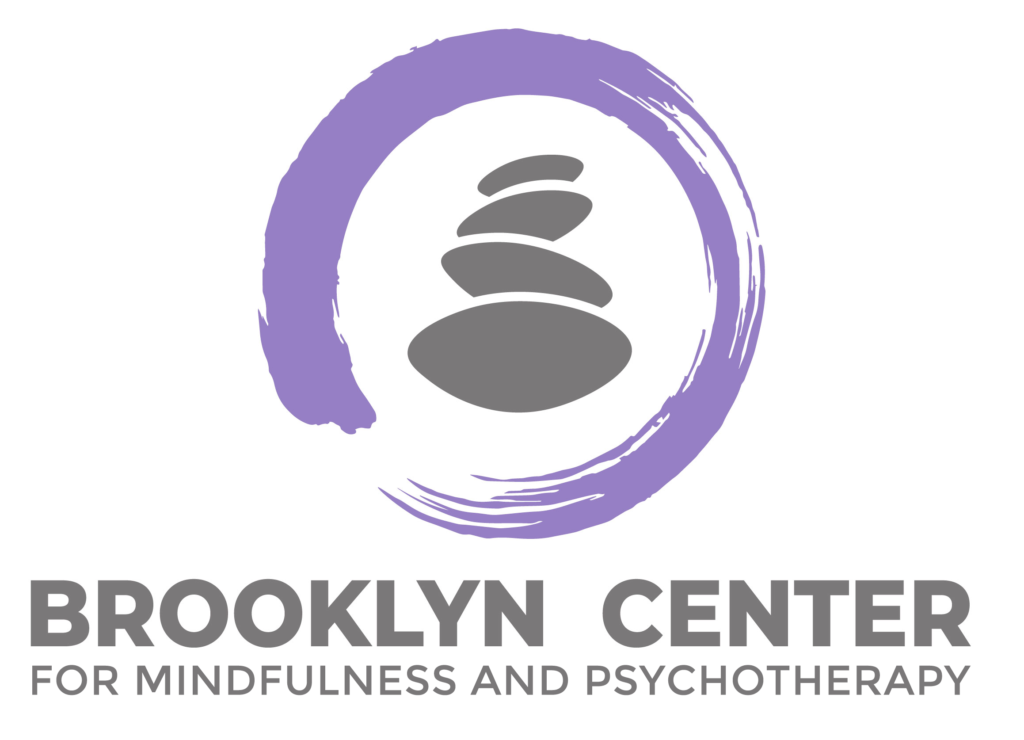If you’re looking for mental health treatment in New York, it can be a daunting task to find the right therapist. Therapy is one of the most important things you can do for your mental health – if done correctly. If you don’t feel like therapy is right for you, there are many other types of mental health professionals out there who may be able to help improve your mood and overall well-being. Therapy can be an incredibly beneficial experience for many people, regardless of their mental health issues or diagnoses. Many new Yorkers don’t know where to start when looking for therapy, however – and this can be especially true if you aren’t familiar with the city or its mental health scene. To help make your search easier, we’ve put together a guide on how to find the right therapist in New York City.
Types of therapy available in New York City
In New York City, there are a variety of types of therapy available. Some of the most common types of treatment include individual therapy, family therapy, couples therapy, and group therapy.
Individual therapy is typically used to help individuals identify and work through issues affecting them. This may include treatments such as psychotherapy and cognitive behavioral therapy. It can be helpful for many problems, including anxiety, depression, OCD, and PTSD.
Family therapy helps families identify and work through issues that could be affecting their relationships. Both individual and family sessions may use psychotherapy or counseling to help participants better cope with their problems. Couples sessions may focus on communication skills or relationship building to improve relationships. Group therapy is a popular form of psychotherapy in which participants discuss their experiences with others in a safe environment. These sessions can help individuals address self-esteem, interpersonal relationships, and mental health concerns in a supportive environment.

Finding the right therapist
Finding the right therapist can be a daunting task, especially in a large city like New York. However, with some research and self-reflection, you can find a therapist who is the right fit for you. One of the first things to consider is location, availability, and insurance coverage, as these factors can greatly impact your ability to attend therapy sessions. Next, research therapist credentials and qualifications to ensure that they are licensed and trained in the type of therapy you seek. Reading reviews and testimonials from other clients can also give you a sense of what to expect from a therapist. Additionally, it is important to consider your personal preferences, such as gender, race, and language, when looking for a therapist, as these factors can greatly impact the therapeutic relationship. Ultimately, finding the right therapist is about taking the time to reflect on what you need and what you are looking for in therapy and seek professionals that align with those needs and preferences.
Making the most of therapy
If you’re new to therapy, it can be challenging to know where to start.
Here are some tips for getting the most out of your sessions:
- Be receptive and open-minded.
- Set realistic goals for therapy sessions.
- Make use of resources available through therapy.
- Be patient and allow therapy to work its magic.
If you’re new to therapy, it can be helpful to locate a therapist specializing in your specific needs. Alternatively, you may find success finding a therapist who has experience working with mental health issues in general. Remember that not all therapists are alike and that what works for one person may not work for another. Talk to friends, family members, or other professionals about their experiences with therapists before making an appointment. It can be helpful to set realistic goals for therapy sessions. This will help you avoid feeling discouraged or overwhelmed and let the therapist know where your therapy is headed.
How to set and achieve therapy goals. Therapy is a process, not a product. Although it can be helpful to set specific therapy goals, ultimately, the purpose of therapy is to help you improve your mental health and well-being. Remember that therapy is an ongoing process in which you will make gradual progress. It’s important to remain patient and allow the therapist time to work their magic. If, at any point during treatment, you feel like your sessions are not helping or if you experience significant challenges following sessions, please speak with your therapist about what could be working against your progress.

Factors to consider when choosing a therapist
When choosing a therapist, it is important to consider several factors to ensure that you find the right fit for your needs. One important factor to consider is the therapist’s qualifications and training. Ensure the therapist is licensed and has the appropriate credentials to practice in your area. It’s also important to consider the therapist’s approach to therapy. Some therapists specialize in specific techniques, such as cognitive-behavioral therapy, while others may have a more holistic approach.
Additionally, it is important to consider the therapist’s availability and location. Make sure the therapist’s office is conveniently located, and their schedule is flexible enough to accommodate your needs. It is also important to consider cost and insurance coverage, as therapy can be expensive. Finally, it is important to consider the therapist’s personality and approach. It is important to find a therapist with whom you feel comfortable and who you can trust.
Conclusion
New York is a city that demands constant mental health care, and there are many options for you to find the right therapist. Take your time and ask questions. A good therapist can help you identify what issues are most important to you, what therapy might work best, and how long treatment might take. New York has many mental health professionals to help guide you through treatment. If you’re new to therapy or want to learn more about the process, check out our online mental health course, ‘Finding Your Therapist,’ today.
At Brooklyn Center for Mindfulness and Psychotherapy, we believe that therapy can play a significant role in the short and long-term treatment of mental health issues. In our online course, ‘Finding Your Therapist,’ we explore the different types of therapists available in New York City and provide tips for selecting the best one for you. Our experienced counselors will help you plan your sessions and find resources to support your therapy journey. If you’re ready to start healing yourself, contact us today!




